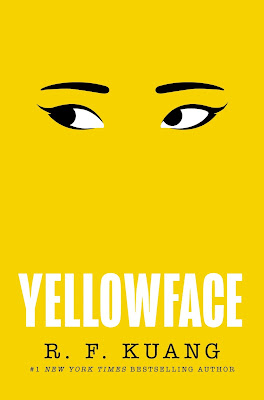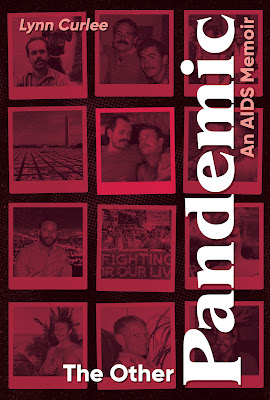Title: Babel: Or the Necessity of Violence: An Arcane History of the Oxford Translators' Revolution by R. F. Kuang
Opening quote:
By the time Professor Lovell found his way through Canton's narrow alleys to the faded address in his diary, the boy was the only one alive in the house.
Friday56 quote:
This is how colonialism works. It convinces us that the fallout from resistance is entirely our fault, that the immoral choice is resistance itself rather than the circumstances that demanded it.
Summary: Babel is an historical fantasy that grapples with student revolutions, colonial resistance, and the use of language and translation as a dominating tool of the British Empire. The story starts in Canton, China when a young boy is whisked away from his home and his dead mother in the care of a professor who will train him up to become an Oxford translator, working to secure more treasures for the empire by going against his own country of birth.
Review: Babel is brilliant. Babel is complicated. Babel is like no other book I've ever read before.
My husband and I listened to the audiobook over a month-long period of time, often not listening at all for a week or two in between listening sessions. This is NOT a good way to digest this story because it is a complicated plot and has a lot of moving pieces to keep track of and it has a very long, drawn-out climax. Even though we consumed the book this way, we both still really appreciated it tremendously. And we had a lot to talk about and digest when we finally finished it.
The Plot: The British Empire has conquered the world because they have mastered the art of translation combined with silver, which allowed magical spells to be released. Everything in the empire runs on silver, and the silver has to be kept in top form by the Babel translators, the translation center of the empire on the Oxford University campus. Robin and his cohort group of four were are all brought into Babel from their homes around the world because of their language skills. Robin is fluent in Mandarin and understands the nuances of the language. This makes him especially valuable since Britain wants the China's silver. The Empire is even willing to start a war to get it. When Robin learns about this plot, he decides he must do something, and that something leads to a student revolution.
Themes: There are many themes. One theme I found fascinating related to all the Biblical allusions. Babel, the building where all the translators work and the silver is imbued with magic, is also the name of a tower in the Bible. In Genesis 11:1-9 the fable of the Tower of Babel is explained. Once mankind all spoke one language and God saw this as a problem so he confused the languages so all people could not understand each other. Therefore mankind could not be ruled by one person or group. This idea of having one language was what the empire was attempting to do through the translators of Babel -- create a super language and suddenly the whole world is yours.
Another theme relates to the hubris of colonialism. The British Empire in this book wanted more silver, to get it they were willing to addict a whole nation on opium and start a war on false pretenses. We know that actual events from history were very similar, though the details were different. See information about The Opium Wars (1839-42, 1856-60) if you are interested.
Friendship and loyalty were also prominent themes in the book making the reader really care about the characters and the outcomes of their lives and the effects their choices had on others.
The story was absolutely unique and riveting but the best part of the writing had to do with language. Author R, F. Kuang must be a genius for the way she used the word origins of several languages to create the magic. We both found this word play fascinating and impressive.
At 544 pages, this book is definitely not for the person hoping for a weekend read, but it certainly worthy of your attention.






















